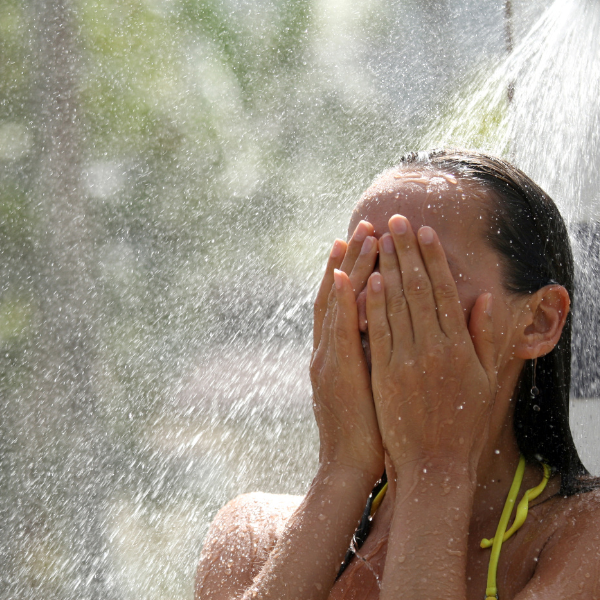Troubleshooting Hot Water Problems
Hot water systems are essential appliances for homes and businesses, providing daily comfort and convenience. When issues arise, troubleshooting can be a crucial first step in identifying and resolving the problem before seeking professional help. As with most appliances, you can refer to the owner's manual for troubleshooting tips that will relate to your specific hot water system.
When your hot water system shows any signs of malfunction, troubleshooting will help you pinpoint the issue and understand why your hot water system isn't working as it should. Below is a list of common problems that can affect both electric, gas and solar systems, along with possible solutions. We hope our information helps you get your hot water back up and running smoothly. If the issue persists, we recommend contacting a licensed plumber for professional assistance and repairs if required.

Troubleshoot No Hot Water for Electric, Gas or Solar Systems
Electric Hot Water System:
- Check the circuit breaker, fuse box and electricity supply to the system.
- Check the thermostat setting on the tank to ensure it is at the correct temperature.
- The heating element may be faulty.
Gas Hot Water System:
- If the pilot light is not on, consult the owner's manual for instructions on how to reignite it.
- Is the gas supply valve open? if so it need to be closed
- Check for any gas smell and call in a professional immediately.
Solar Hot Water System:
- Reduced solar gain due to cloudy or rainy weather.
- Dirty or shaded solar collectors.
- There could be an airlock in the system.
- Thermostat set too low or faulty.
- Circulation pump failure.
Insufficient Hot Water
Check and assess tank capacity against your hot water usage demands. If you have a growing family or expanding business, you may need a larger tank to accommodate the usage needs. Review appliances to determine if the daily usage is greater than the capability of the water heater. Keep track of how much time is being spent having a shower, as this water usage may be putting pressure on your consumption.
Leaking Hot Water
Check where the leak is coming from, if it is the pressure relief valve, it may indicate a fault. If the leak is at the base of the tank, it's often due to rust or corrosion, which usually requires replacement. Another possibility of leaking water is from the fittings or pipe joints that may be loose and need resealing. If the leak is due to the fittings, prompt repairs are needed to avoid costly water damage.
Water Temperature Fluctuations
For a gas storage hot water system, thermostats are generally set between 60°C.and 70°C. And not below 60 °C. To adjust your thermostat, you can refer to the owner's manual or speak to your local licensed plumber for professional advice.
- Water is Too Hot - The thermostat might be set too high or may be faulty, therefore not shutting off the heat. Another issue could be a fault with the tempering valve not mixing cold water correctly.
- Water is Not Hot Enough - The thermostat may be set too low, ideally the temperature setting should be around 120–140°F or 60 –70°C. Another problem may be a build-up of sediment in the tank, reducing the system's heating efficiency. In this instant, seek the help of a licensed plumber to flush and clean the tank.

Strange Noises
If rumbling or popping sounds are coming from your system, it could be due to sediment build-up and therefore will need to be flushed out. If you hear a high-pitched whine scale on heating elements with electric models is generally the cause. If air is trapped in the pipes this can create strange noises in your system, and a hot water technician can successfully address the issue.
Smelly or Discoloured Water
If your water is a rusty or dirty colour, the anode rod is more than likely corroded and will need to be replaced. When a rotten egg smell emanates from your hot water, it is generally caused by bacteria in the tank that will require flushing and sanitising by a plumbing technician.
Water Discharge from the TPR Valve
Temperature and Pressure Relief valve (TPR ) is a safety device found on hot water systems, mainly storage water heating tanks, and it prevents the tank from exploding due to excess pressure or temperature. It's not uncommon for a small amount of water to discharge during the heating of water in the storage tank. If you notice continuous leakage of water from the TPR Valve, this can indicate a problem with the water heater. It's best to shut down the system and contact a licenced plumber.
If, after troubleshooting, you still have no hot water or other hot water issues, call your local licensed plumber for professional advice.
Resources: Trouble with Your Hot Water? Learn Troubleshooting Tips